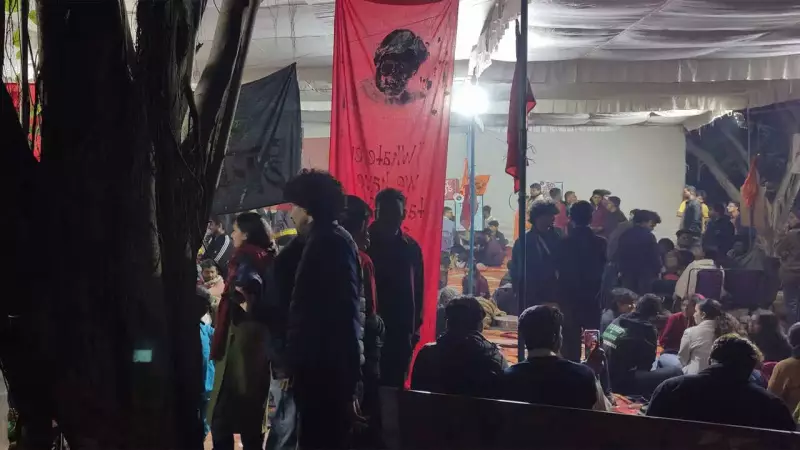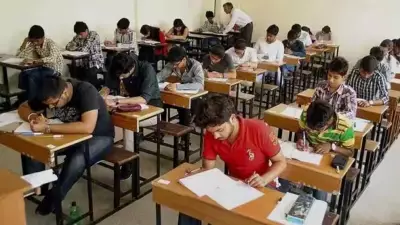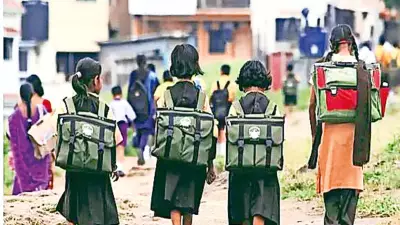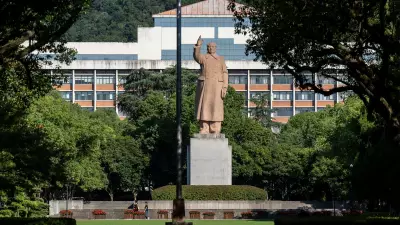
In a stunning political upset that has sent shockwaves through academic circles, the Akhil Bharatiya Vidyarthi Parishad (ABVP) has secured a historic victory in the Jawaharlal Nehru University Students Union elections for 2025. The right-wing student organization dominated the polls with an unprecedented mandate, marking a significant shift in the campus's political landscape.
Record-Breaking Victory for ABVP
The election results revealed a comprehensive sweep for ABVP, with their presidential candidate securing a remarkable 3,117 votes. This overwhelming support dwarfed the opposition, with AISA's candidate managing only 1,508 votes and SFI trailing further behind. The victory margin of over 1,600 votes represents one of the largest in JNU's storied electoral history.
Key Positions and Winning Candidates
The ABVP juggernaut captured all four central panel positions in a clean sweep:
- President: Aditi from ABVP emerged victorious
- Vice President: Vijaya secured the position for ABVP
- General Secretary: Vikas Patel claimed another win for ABVP
- Joint Secretary: ABVP completed the sweep
Voter Turnout and Electoral Process
The elections witnessed robust participation with voting conducted across multiple centers including the Sports Complex, SSS-I, and SSS-II. The counting process, which began early morning, stretched through the day as election officials meticulously verified each ballot. The high-stakes nature of these elections was evident from the intense campaigning that preceded voting day.
Historical Context and Significance
This landslide victory represents a dramatic turnaround in JNU's political dynamics. Traditionally known as a left-leaning campus, JNU has seen ABVP's influence grow steadily over recent years. The 2025 results cement this transformation, potentially signaling a new era in student politics at one of India's most politically conscious universities.
Reactions and Implications
As news of the results spread, celebrations erupted among ABVP supporters across campus. The victory is seen as a significant achievement for the organization and is likely to influence student politics at other universities across India. Political analysts are closely watching these developments, considering JNU elections as a barometer for broader political trends among youth.
The new student union leadership faces the immediate task of addressing various campus issues while navigating the complex political environment that defines JNU. Their performance in the coming months will be closely scrutinized by both supporters and opponents alike.





